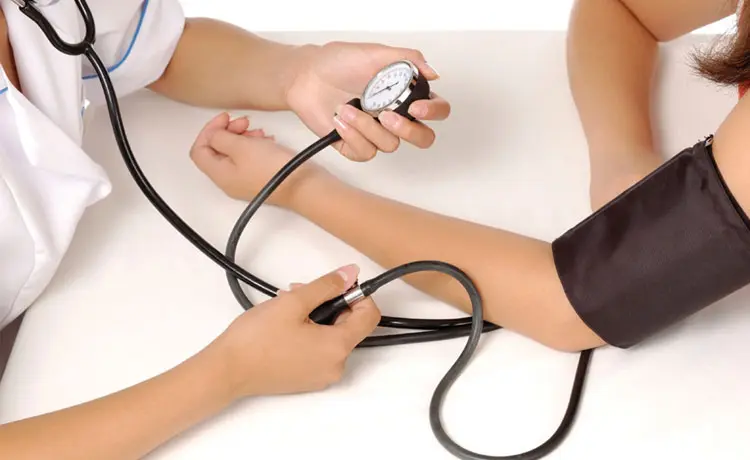High blood pressure can quietly damage your body for years. This “silent killer” has no warning signs or symptoms, and many people do not know they have it. The only way to know is to measure your blood pressure.
Encourage your community to find out their numbers – and live heart healthy lives by controlling their blood pressure and lowering their risk for serious health problems.
What is blood pressure?
Blood pressure is the force of blood pushing against the walls of the arteries as the heart pumps blood. Blood pressure rises and falls throughout the day. When blood pressure stays elevated over time, it’s called high blood pressure. The medical term for high blood pressure is hypertension.What’s considered high?
Blood pressure is usually measured in millimeters of mercury (mmHg) and is recorded as two numbers – systolic pressure (as the heart beats) “over” diastolic pressure (as the heart relaxes between beats) – for example, 130/80 mmHg.- A blood pressure level of 140/90 mmHg or higher is considered high.
- If your blood pressure is between 120/80 mmHg and 139/89 mmHg, then you have prehypertension. This means that you don’t have high blood pressure now – but are likely to develop it in the future unless you make healthy lifestyle changes.
High Blood Pressure Can Harm Your Health
If not controlled, high blood pressure can cause the following:- Stroke
- Kidney problems
- Heart failure
- Heart attack
- Eye damage
Follow Five Heart-Healthy Habits to Keep High Blood Pressure Down
Hypertension can almost always be prevented. Following these five heart-healthy habits are very important even if you do not have high blood pressure – yet.- Maintain a healthy weight.
- Get regular exercise.
- Follow a healthy eating plan – and watch your salt intake.
QuickTip: A diet rich in potassium helps to offset some of sodium’s harmful effects on blood pressure. Sources of potassium include leafy greens (spinach), vine fruits (grapes), root veggies (carrots) and citrus fruits (oranges).
- Drink alcohol only in moderation.
QuickFact: Smoking cigarettes raises your blood pressure and puts you at higher risk for heart attack and stroke. For support, tips and tools to help you quit, visit: smokefree.gov
- Manage your stress.
